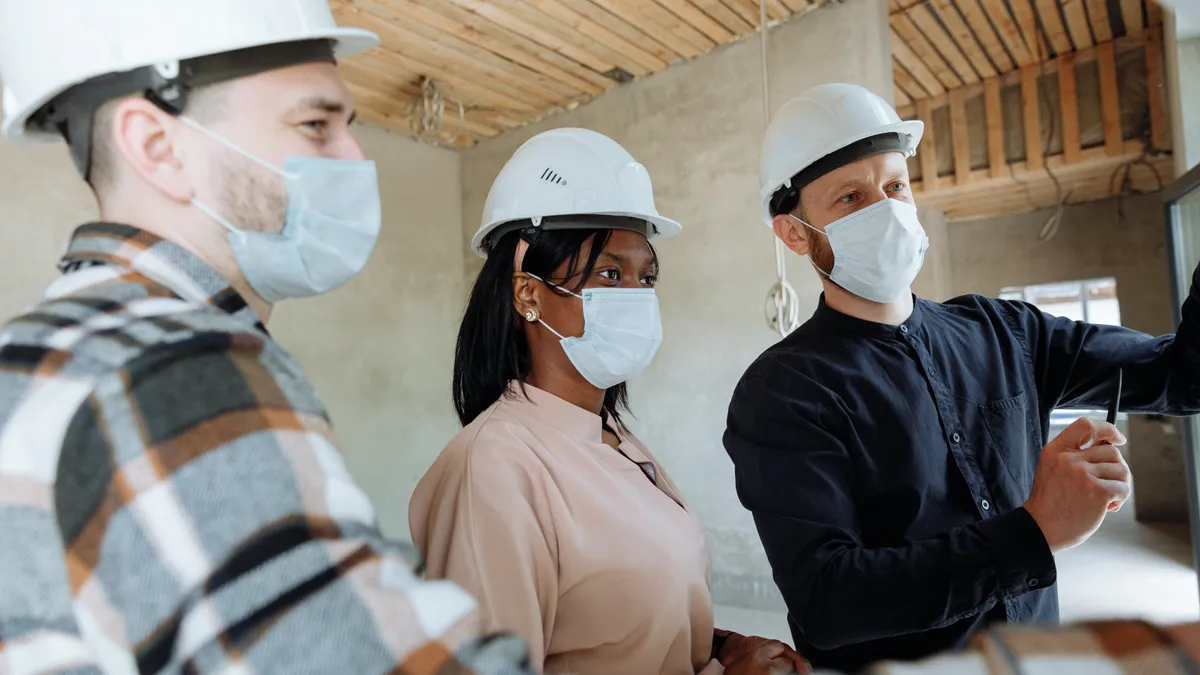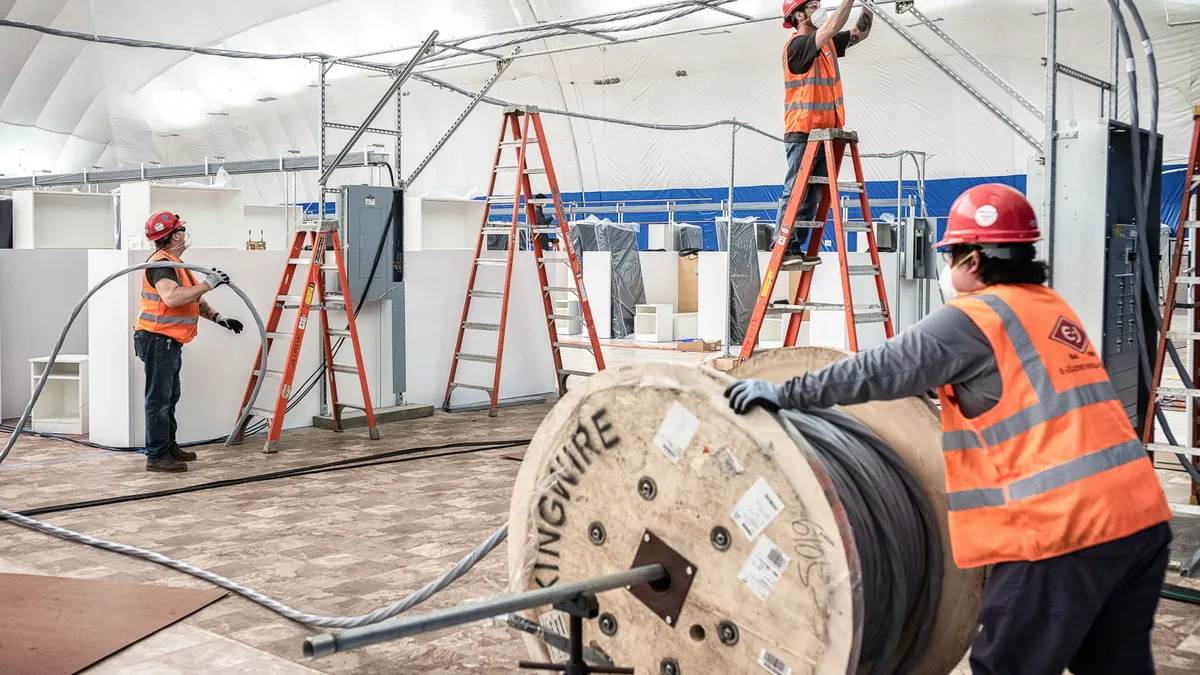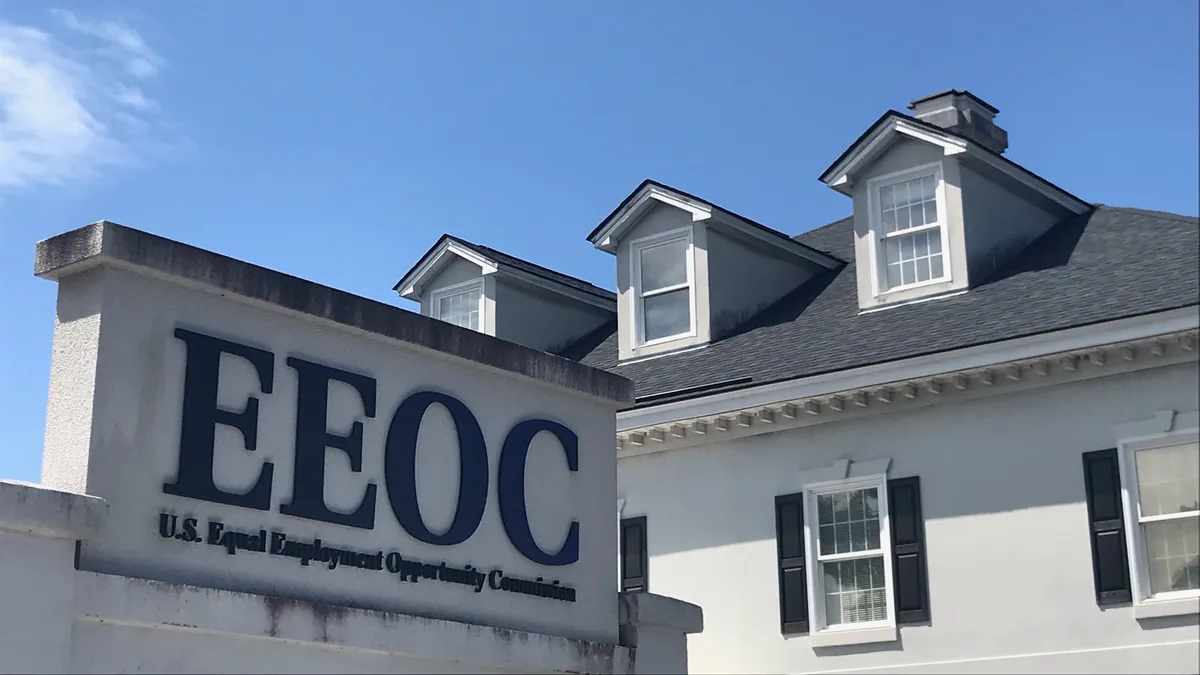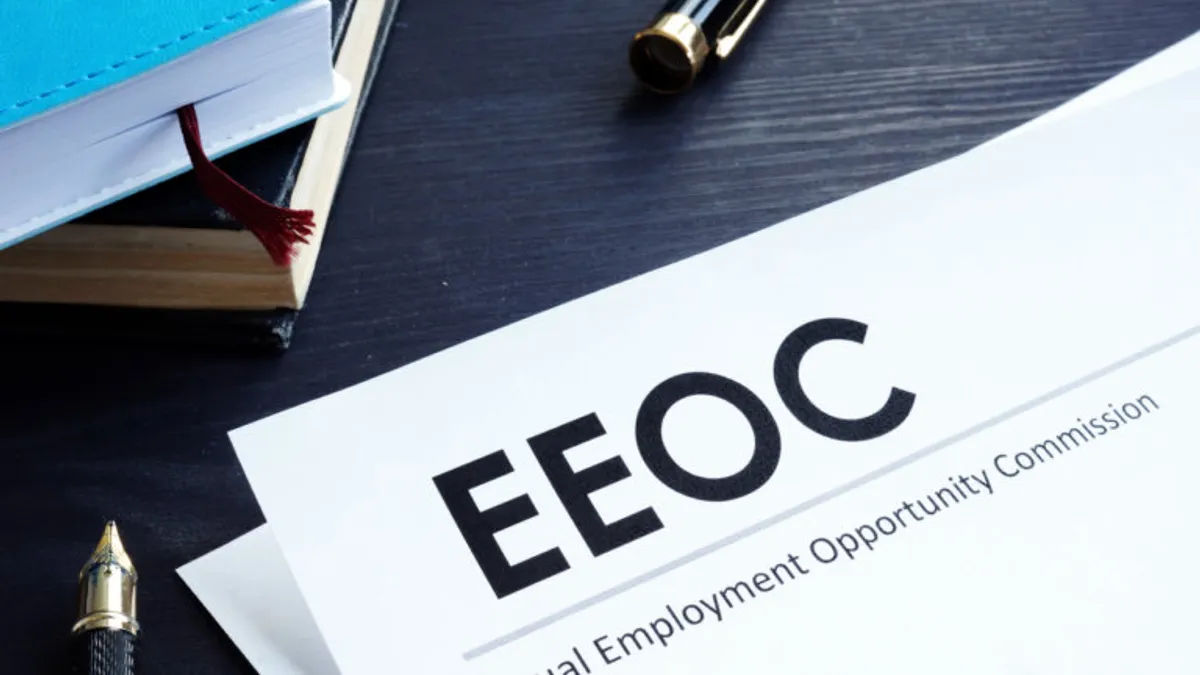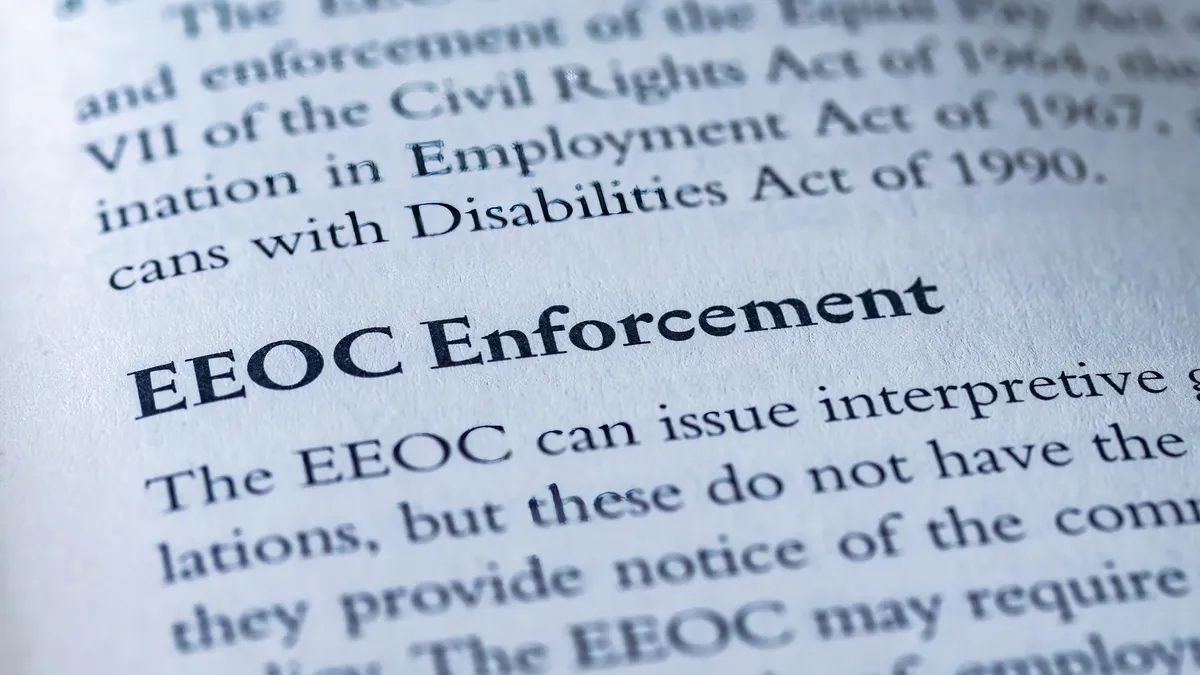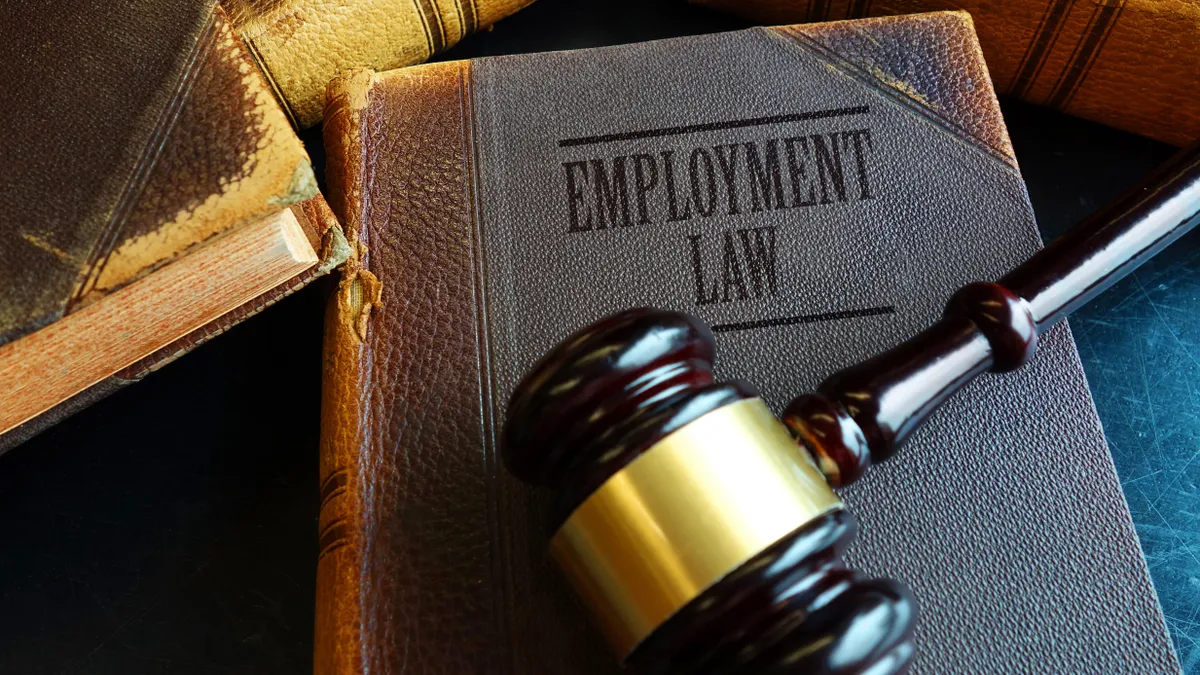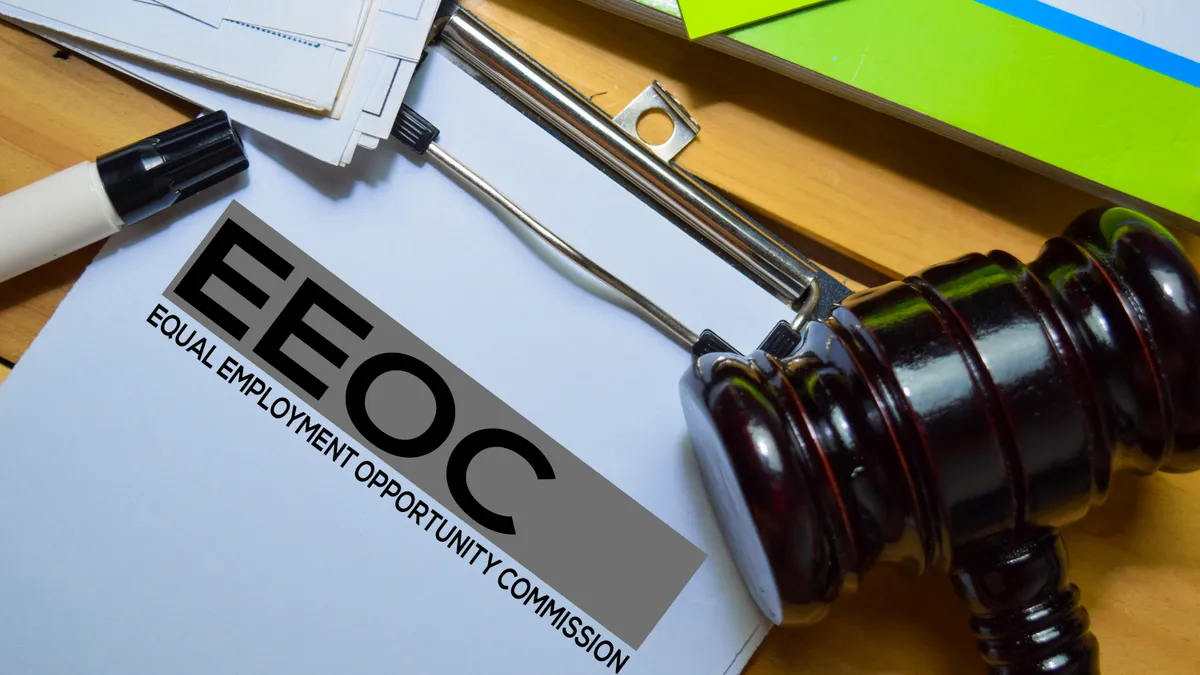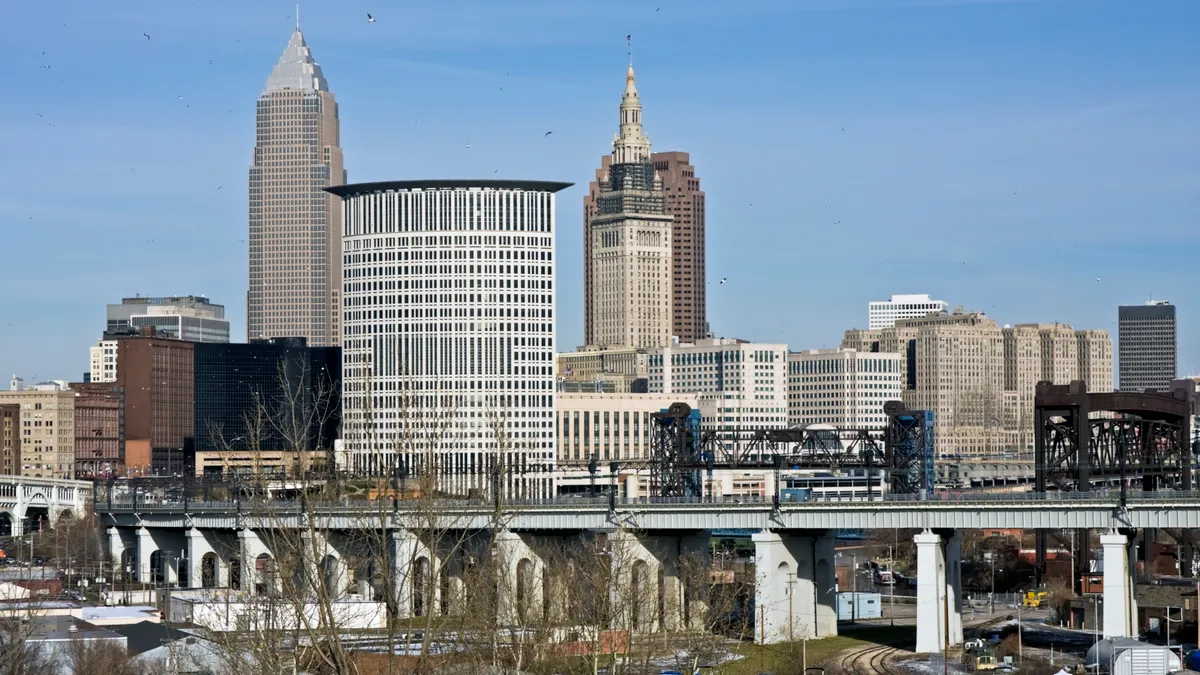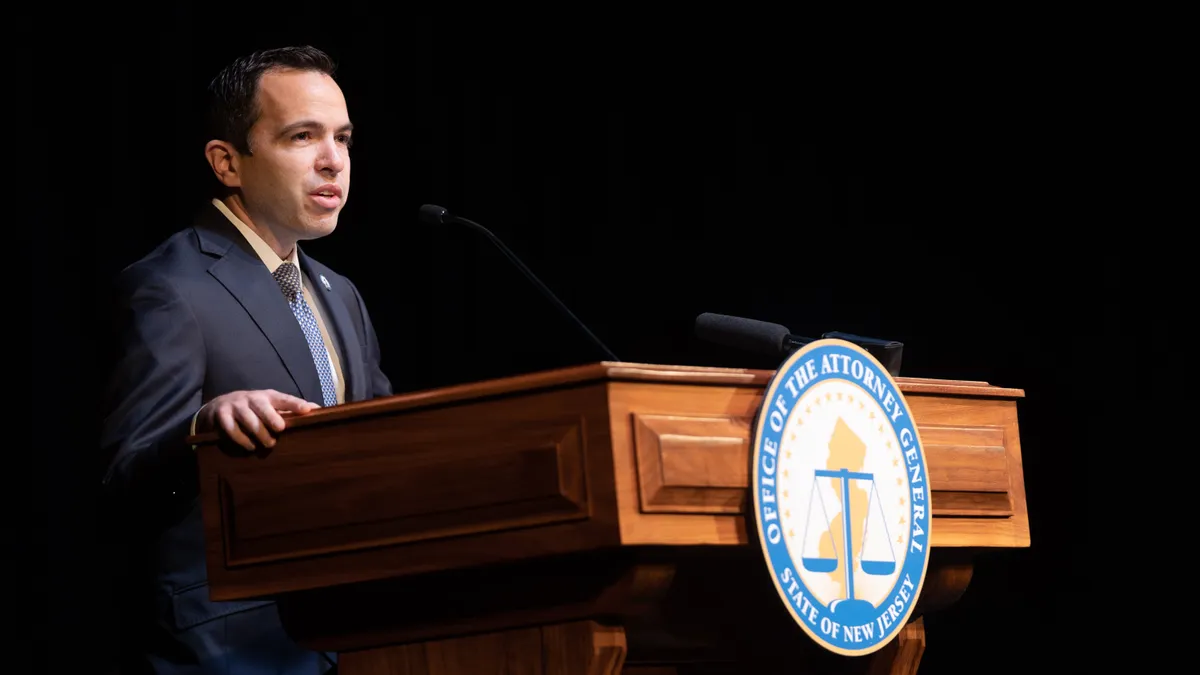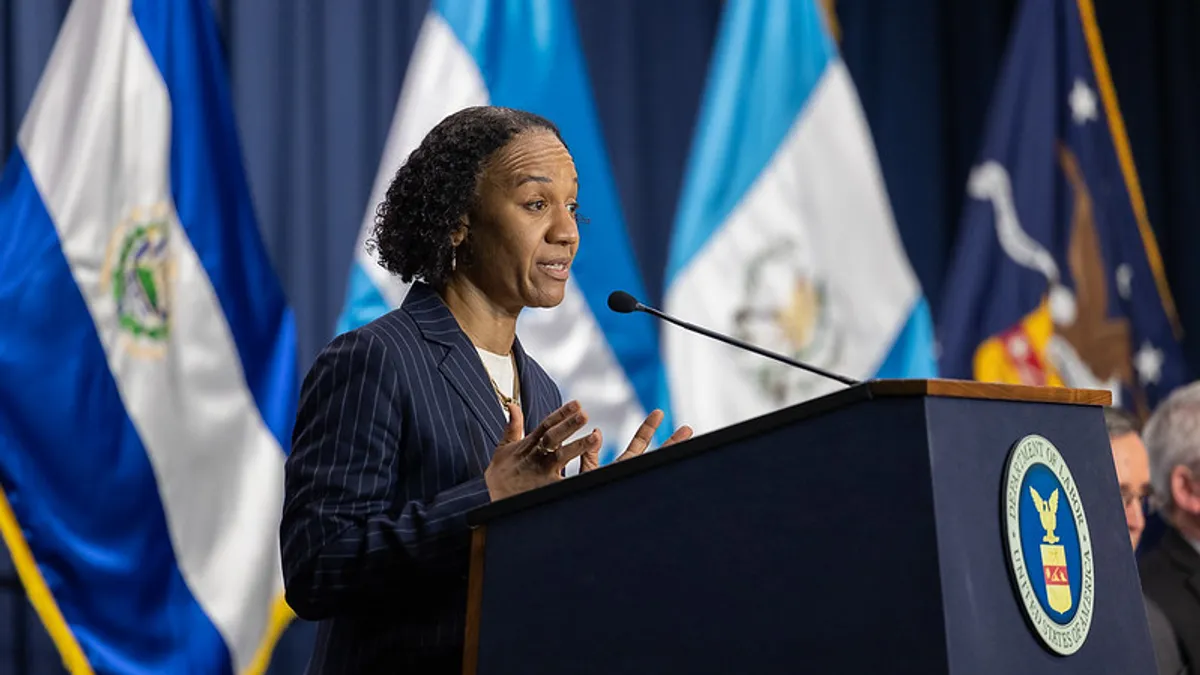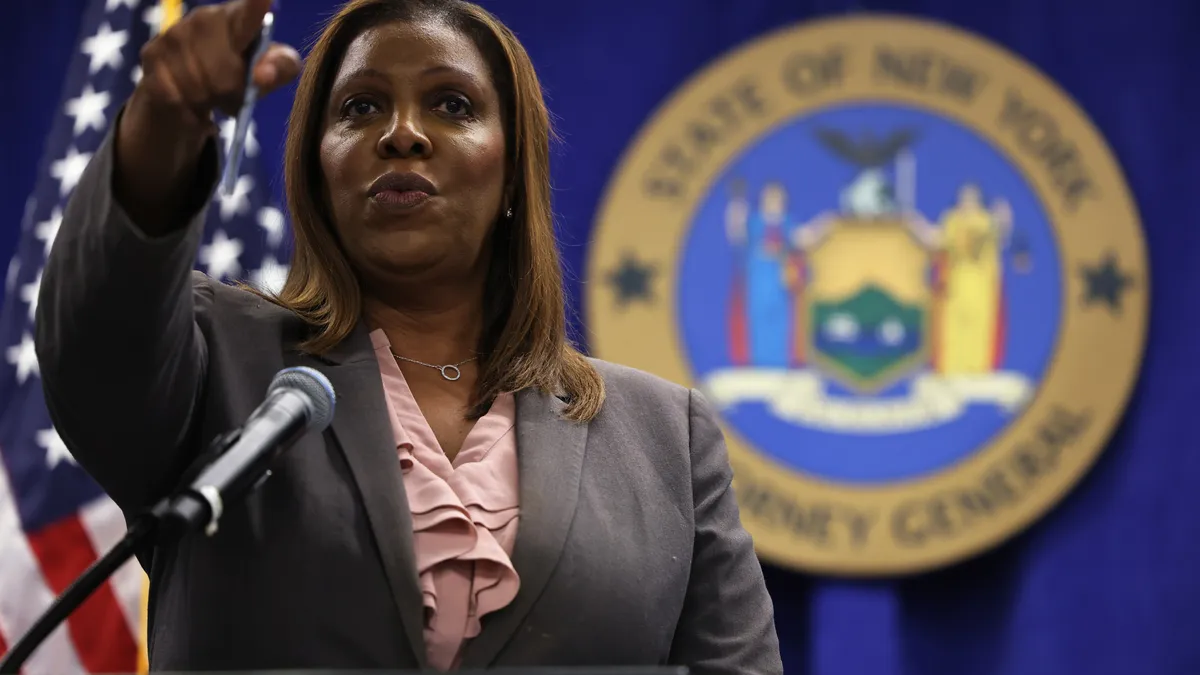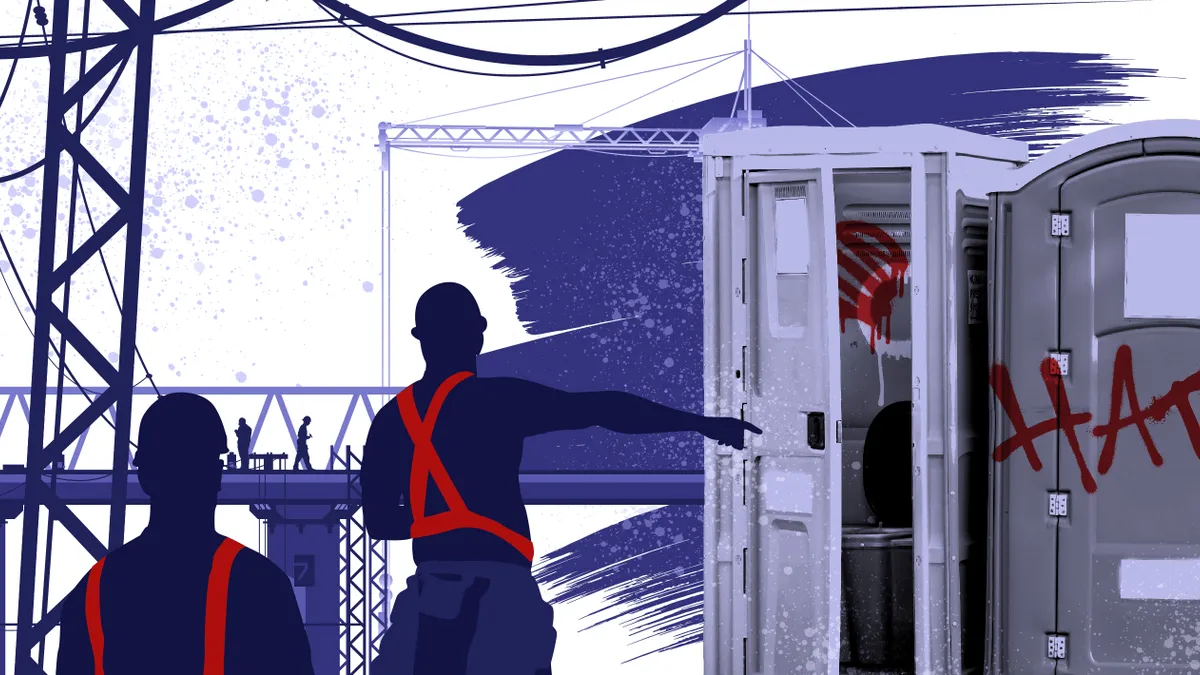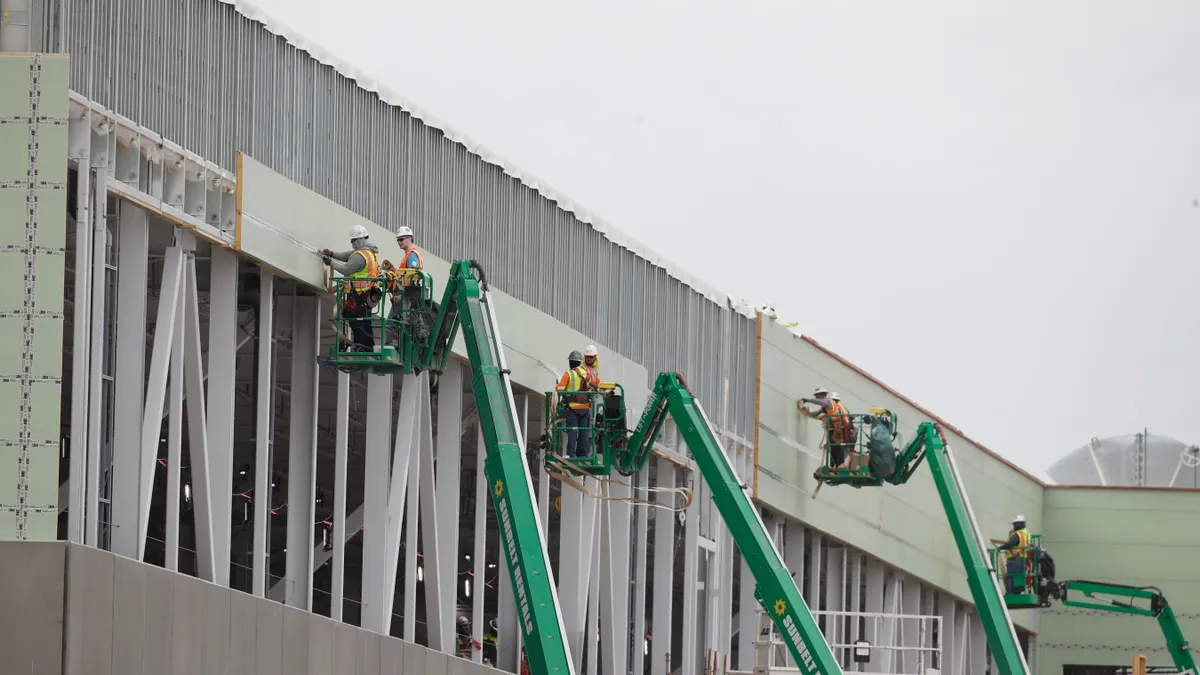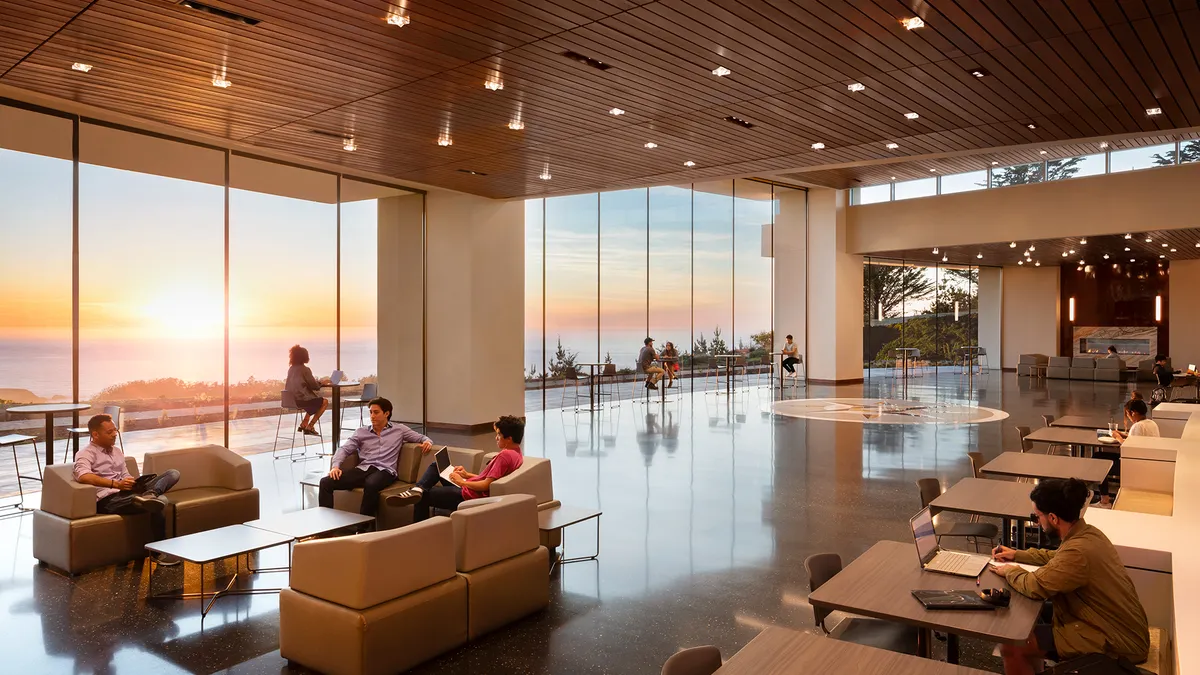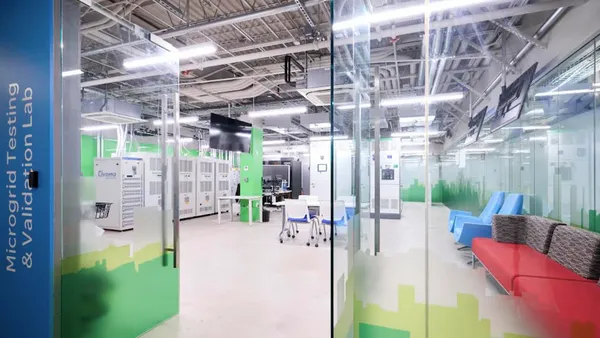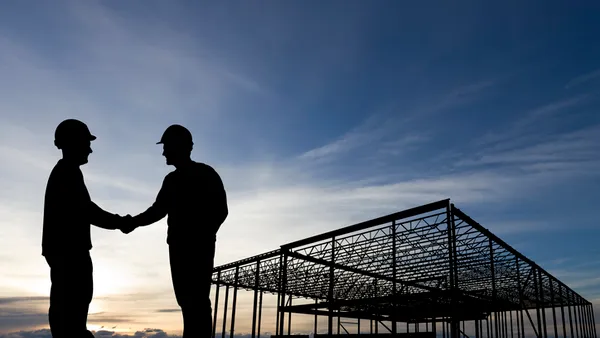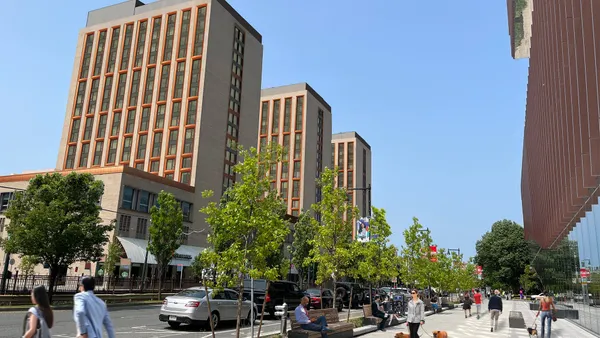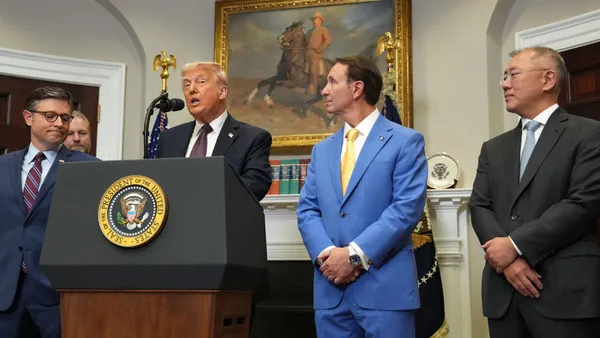Dive Brief:
- Large, prime contractors in Virginia who work on state-funded contracts are hard pressed to find enough certified small and minority- and women-owned businesses to meet the state's subcontractor diversity policy goals, according a state working group.
- The Virginia Department of General Services and its Department of Small Business and Supplier Diversity surveyed 160 public entities and 998 private businesses and found "that prime contractors struggle to find qualified certified vendors to utilize as subcontractors," according to the Norfolk, Virginia Pilot newspaper.
- But challenges exist for diverse subs to become certified, as well. "The survey responses indicate that some businesses felt the certification process was challenging, or were unaware of opportunities and what is required on construction projects," the working group found.
Dive Insight:
Virginia contractors aren't the only ones encountering difficulties hiring enough small and women- and minority-owned businesses to meet project goals. In Boston, less than a third of the city's top 150 projects met racial equity goals, while none hit targets for women contractors, according to WGBH News. And in Florida, a contractor recently asked for more time on a luxury condo project, in part because of challenges with finding enough diverse workers to meet goals there, the Fort Meyers News-Press reported.
The results of the survey in Virginia, the nation's 12th most populous state, come as Disadvantaged Business Enterprises (DBEs), a federal designation that includes small, minority- and women-owned businesses, are poised to see even higher demand under the $1.2 trillion Infrastructure Investment and Jobs Act.
Both the Department of Transportation and the Federal Transit Administration have programs to establish goals for the participation of DBEs in projects that receive federal funding, and a recent congressional hearing looked at the need to establish a similar program within the Federal Railroad Administration.
But the Virginia survey could be a harbinger of additional hurdles for prime contractors looking to snare federal infrastructure funds, namely that they will struggle to find qualifying, certified subs on top of the challenges they face amid construction's broader labor shortage.
At a recent roundtable discussion between Construction Dive editors and Associated Builders and Contractors members and officials, participants described labor as one of the single largest challenges they face today.
"I'm always hiring," Tim Keating, president of Winter Garden, Florida-based R. C. Stevens Construction, told the group. "It is a challenge because I'm the head cheerleader and floor sweeper, and I'll do whatever it takes to keep these folks engaged."
Stephanie Schmidt, president of State College, Pennsylvania-based Poole Anderson Construction, said the current environment has led to firms poaching workers from one another.
"Everybody's trying to steal employees from other people," Schmidt said. "We've had to raise our rates for our trades. We are looking at new ways and new benefit type packages with paid time off and things like that, just to see what we can do to make our company more attractive to come to work for."
That environment adds an additional layer of complexity — and even instances of gaming the system — when it comes to laying diversity goals on top of the subcontractor search.
"The goals are great goals," Keating said. "The challenge you have is there's not enough companies and workers to meet those goals, and so people find a way to work around it. And I think that's the bad part about it."
That can include creating pass through entities that are employed to win the work, but don't actually perform it, roundtable members said.
At the recent congressional hearing, diverse and women contractors also told the panel that primes often contract with DBE subs initially to win contracts, but then only assign them minimal or undesirable work, or fire them from the job before it is complete.
But roundtable members said another part of the issue is diverse firms not knowing the criteria of qualifying for such programs, or even wanting to identify themselves as anything other than a construction firm competing on the merit of its own work.
"When we celebrate women in construction, I've had some of my female apprentices say, 'I don't want to participate in that, it shouldn't be a big deal, I don't want to be recognized for that," said Carla Kugler, CEO of ABC of New Mexico, which runs construction safety and education initiatives. "They just want to get the work done."
Self-identifying subs in Virginia has also been a challenge, based on the survey's findings. The report recommended developing protocols for prime contractors to help subcontractors secure certification as a small-, women- or minority-owned businesses to address the issue.



